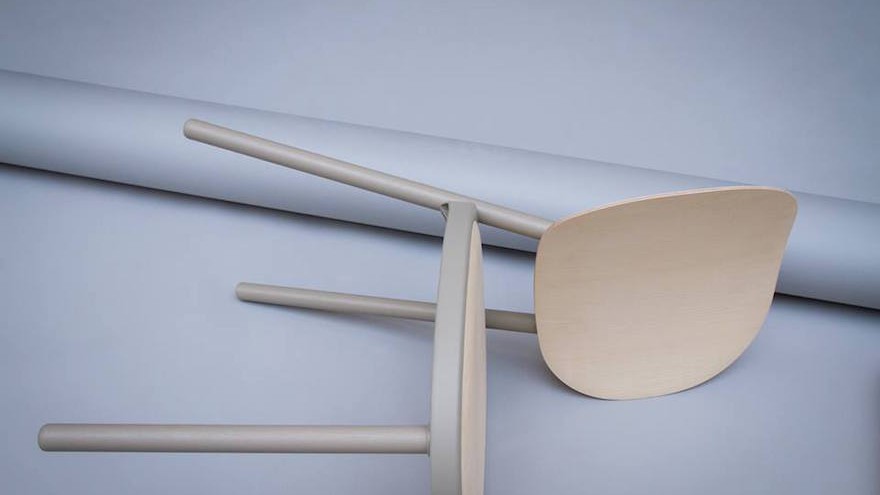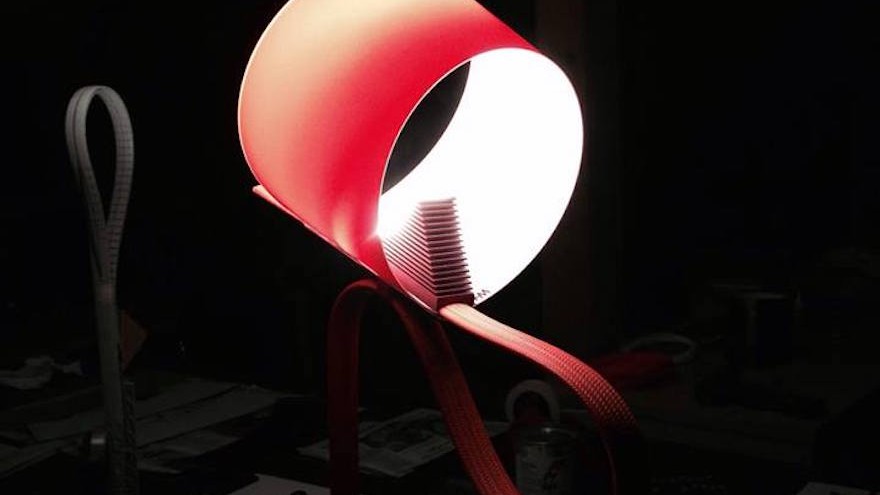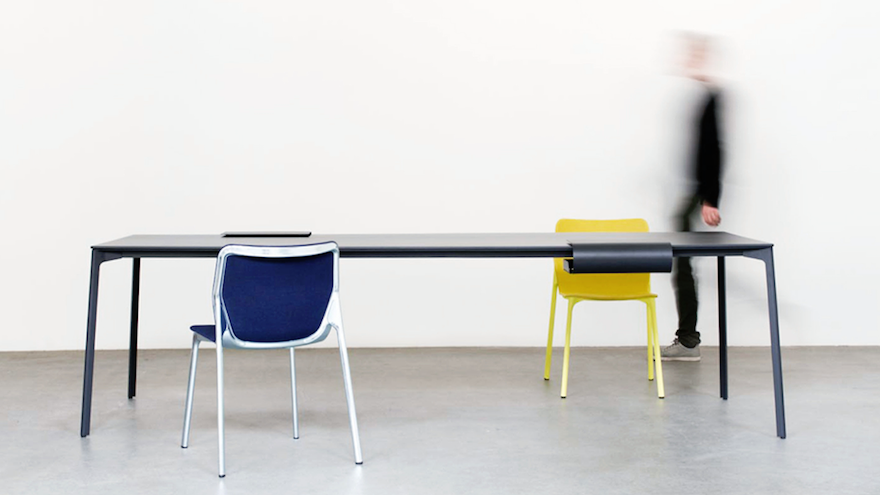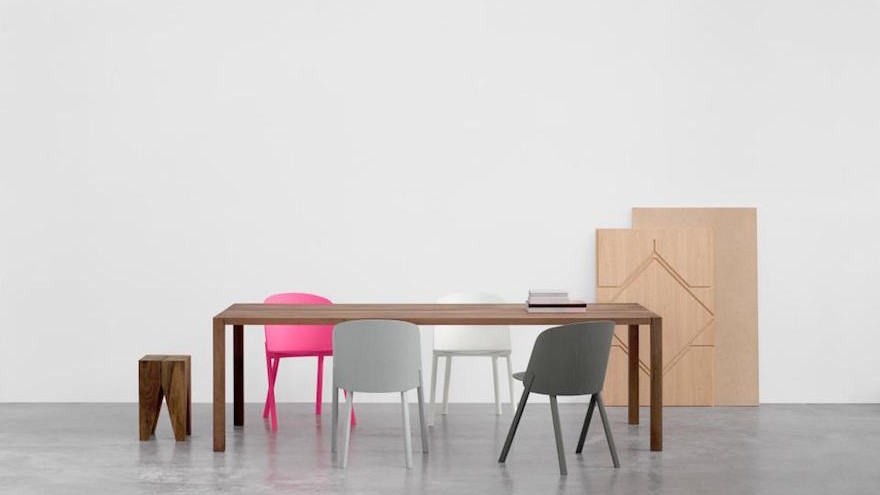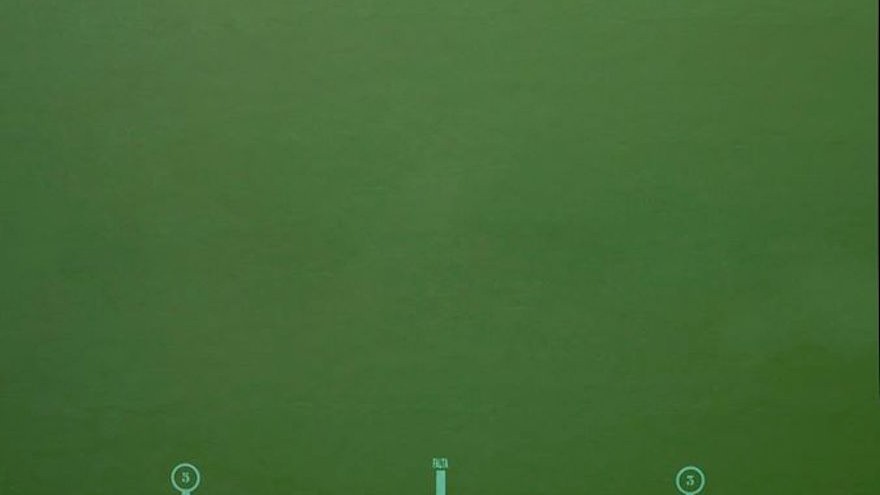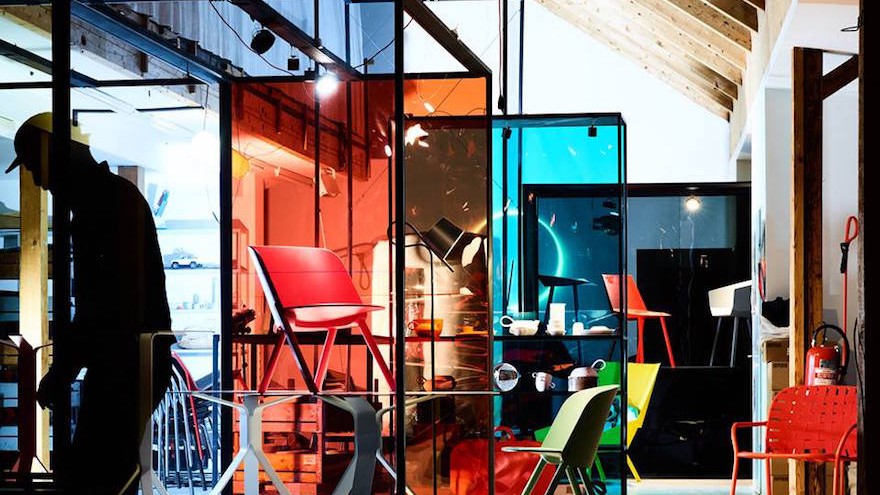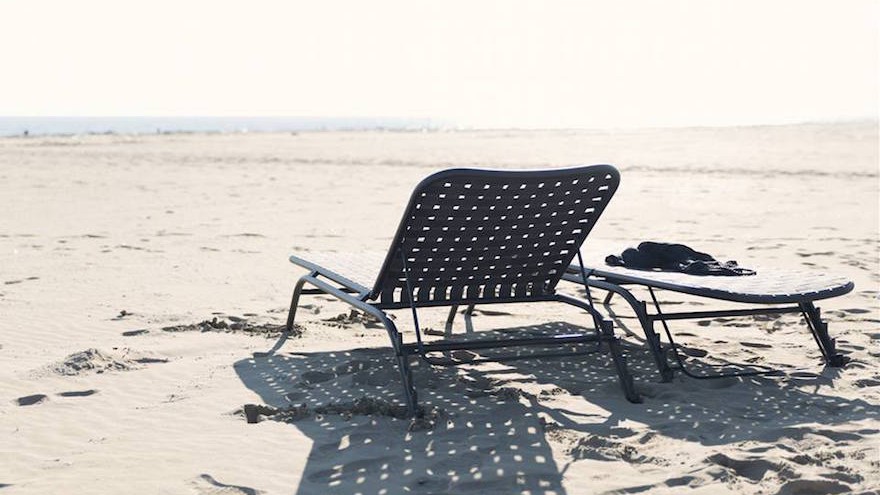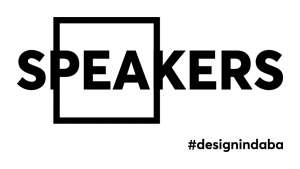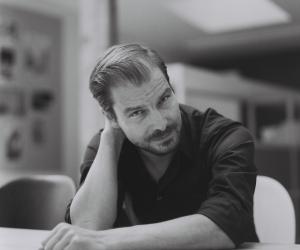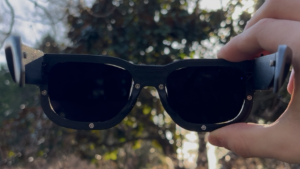From the Series
The work of industrial designer and master craftsman Stefan Diez is currently on show in a comprehensive solo exhibition at the MAKK museum in Cologne. As one of Germany’s most important new-generation designers, the exhibition provides detailed insight into the workshop and design approach of the Munich-based maker.
Diez’s work is led by a constant search for radical ways of making: a chair constructed like the body of a car, wafer-thin Japanese porcelain tableware and a shelving unit that creates space are amongst the extraordinary catalogue of Diez’s creations over the course of 15 years in the design industry.
His experimental approach investigates into how high-tech innovation can be paired with traditional craftsmanship. He founded Diez Office in 2002, and the work of the studio is characterised by innovation through technical expertise, instinct and a passion for experimentation.
Growing up in a household of fourth-generation carpenters, Stefan Diez’s early bond with craftsmanship has profoundly shaped his development as an industrial designer and Diez trained as a cabinet maker before studying industrial design.
In an interview with Disengo at the opening of the MAKK exhibition, in which the writer describes the meticulous curve of the Houdini chair series, Diez is described as a design wizard.
“For a designer such as Diez, this must [the bending of sheets to create the chairs] be an incomprehensibly rich process. Diez’s work regularly references magic and he delights in the magician’s ability to conceal their operations behind a seemingly effortless final result. The creation of three-dimensional objects from two-dimensional materials is perhaps the closest you can get within an industrial framework to a self-generating object. In light of this, the Houdini presents a perspective upon design that demands investigation.”

